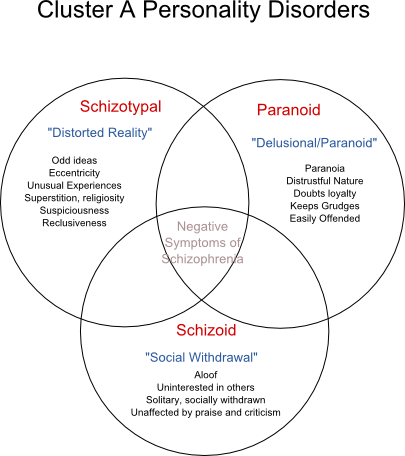
Wednesday, 22 December 2010
Brain scans could be used to predict the onset of schizophrenia in young people with a family history of the disease, scientists said today.
A University of Edinburgh study found that the brains of people who go on to develop schizophrenia suffer from an accelerated shrinking before they become unwell.
Researchers said the findings, which follow a decade of work on the subject, mark a "significant step" forward and could help medics diagnose and treat the condition at an earlier stage.
Schizophrenia, which affects one in every 100 people, is characterised by delusions and hallucinations.
It is associated with a reduction in brain tissue but researchers said the timing of these changes has, until now, been unclear.
The team examined people at high risk of schizophrenia who had two close relatives with the disorder and were between 16 and 25 at the start of the study.
The university said it is the first time that such changes in the brain size have been found in people at high risk of schizophrenia before they develop any symptoms.
Unlike previous studies, these changes cannot be due to medication because all of the people in the study were not using medication when they took part.
In healthy people, the brain begins to shrink from early adulthood onwards.
It is known that accelerated shrinking of the brain occurs in people with manic depression and schizophrenia, but before now it was not known whether these changes happened before people became unwell.
The study showed that the loss of brain tissue is concentrated in areas of the brain that control personality, decision-making and social behaviour.
Researchers said scans could be used to pinpoint shrinkage of the brain in people at high risk of schizophrenia and could help doctors diagnose the condition and start treatment at an earlier stage, perhaps before illness first appears.
Dr Andrew McIntosh, of the university’s psychiatry division, said: "this study represents the culmination of more than 10 years of work and is a significant step to understanding the origins of schizophrenia years before the onset of disability and medical treatment."
The team looked at the brain scans of 146 people with a family history of schizophrenia, but who had not yet experienced any symptoms, and compared them to scans of 36 people with no such risk.
The scans were taken every 18 months over a 10-year period.
The study, published in the journal Biological Psychiatry, was supported by the National Alliance for Research into Schizophrenia and Depression, the Sackler Foundation, the Health Foundation and the Medical Research Council.